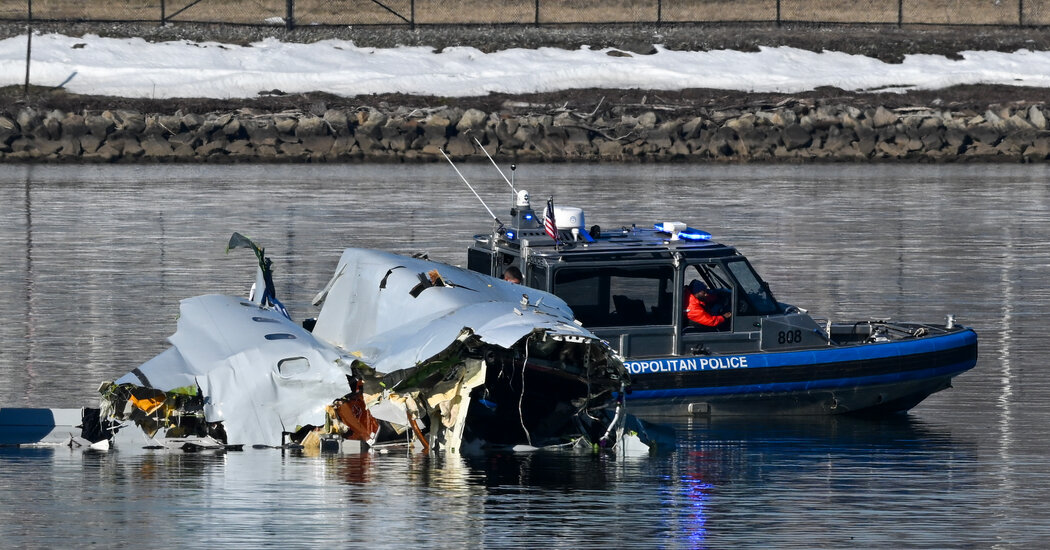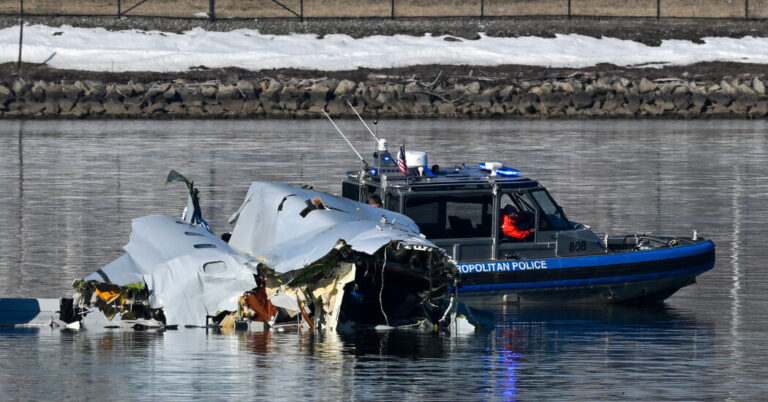Years ago, Cox said, he was going down in a Boeing 737 on Orlando international airport when the system warned him and his co -fingering for nearby traffic. The pilots looked around for another plane, but they saw nothing. So, Tcas provided urgent education: “climbing”. Mr. Cox said they did it and later saw a smaller plane below them. A collision would have been catastrophic, he said.
After a series of collisions, culminating in the 1986 collapse of a smaller passenger jet and aircraft near Cerritos, California, who killed 82 people, Congress commissioned the Federal Aviation Administration to request TCA on all large commercial planes. It is optional for military planes, however, and it is not clear whether the army helicopter involved in Wednesday’s accident was equipped with it.
That accident occurred at a relatively low altitude, however, in which the preventing instructions of the most critical collisions of Tcas would have been limited by the design, said COX and other security experts. As the jets approach an airport, it is likely that they are closer to each other than to higher altitudes. Consequently, the system limits the notices it emits to avoid causing confusion and hindering safety.
Automatic dependent surveillance load
In recent years, FAA has requested all passenger airlines and many other aircraft to use another system, called automatic dependent broadcast Broadcast. Technology transmits the position, altitude, speed and other aircraft data that are installed every second. Those broadcasts can be collected by other planes or ground equipment.
Air traffic controllers and many passenger air drivers are based on the information received from the ADS-B systems using devices capable of providing detailed maps of aircraft in an area. This information is useful to view what is happening in the air, but the system generally does not emit the type of notices that Tcas does. However, ADS-B is useful for pilots, especially when they fly in bad weather conditions or, sometimes when visibility is low, said dr. Hassan Shahidi, president of the Foundation for non -profit flight security.





